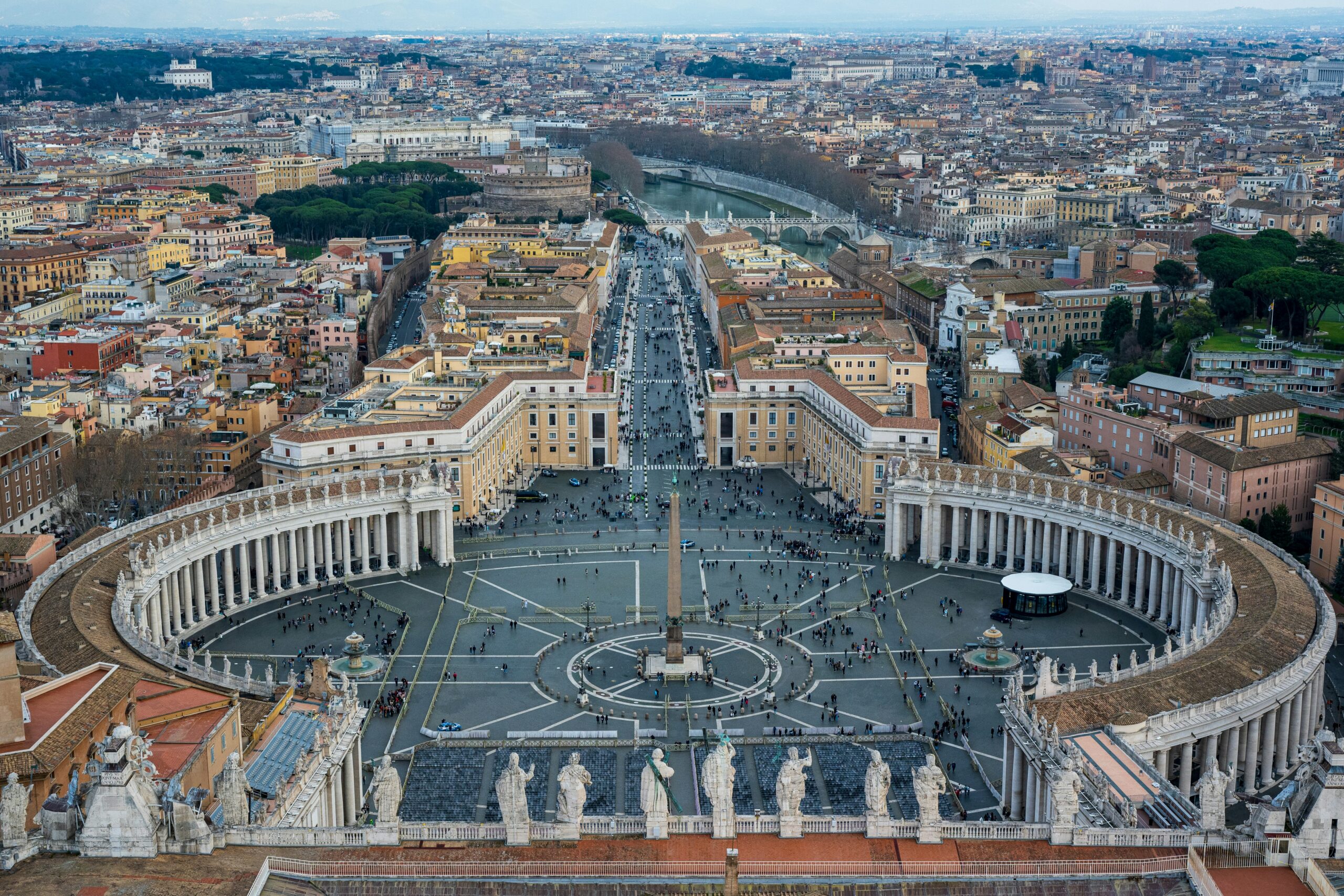As the Catholic Church prepares to lay Pope Francis to rest and chart a course for the future, Rev. Robert Sirico, co-founder and president emeritus of the Acton Institute, joined Chicago’s Morning Answer to assess the late pontiff’s legacy and the challenges his successor will inherit.
Sirico described Francis’ papacy as “disruptive” and “ambiguous,” noting that the pope himself expressed a desire to “create a mess” early in his tenure. That mess, according to Sirico, was an attempt to shake the Church out of its perceived irrelevance and static posture in the modern world. But the result was far from the renewal many had hoped for.
A Divided Church and Unfinished Business
“People are not talking to one another as they should be,” Sirico said. “There’s been real polarization in the Church, and serious scandals—both financial and sexual—have not been meaningfully addressed.”
Sirico argued that while Pope Francis often upheld traditional Church doctrine in official teachings, his offhand comments, gestures, and priorities created confusion and frustration among both clergy and laypeople. That ambiguity, he said, left many unsure of the Church’s direction and moral authority.
Liberation Theology and Economic Missteps
The late pope’s focus on the poor was genuine, Sirico acknowledged, but his embrace of ideas like radical environmentalism and redistributionist economics—often rooted in liberation theology—may have undermined the very people he sought to help.
“He championed the poor while favoring ideas that keep them poor,” Dan Proft said, quoting a Wall Street Journal editorial. Sirico agreed, arguing that sound economics and moral clarity are essential to serving the vulnerable effectively.
At the Acton Institute, Sirico has long promoted the idea that good intentions must be paired with economic realities. Without respect for markets, property rights, and responsible stewardship, he warned, even well-meaning reforms can do more harm than good.
Next Pope: Return to Tradition or More Turbulence?
Looking ahead, Sirico said he expects the next pope to be more conservative—at least temperamentally. “You’d be hard-pressed to find someone as radical in gesture and style as Francis,” he said.
He expressed hope for a period of stabilization and reflection under the next pontiff, including a return to internal dialogue and clearer articulation of Church teachings.
Sirico praised the growing number of seminarians and laypeople who are embracing traditional Catholicism, pointing to a revival of interest in the Church’s deeper spiritual heritage. He cited a surprising statistic from France: over 10,000 converts joined the Church there last year.
Still, he cautioned against a hard swing in the opposite direction. “We don’t want a polarization on the other side,” Sirico said. “What’s needed is a period of dust-settling, honest conversation, and recommitment to the catechism.”
Vatican Politics: Who’s Next?
Asked to handicap the upcoming conclave, Sirico said the Vatican Secretary of State, Cardinal Pietro Parolin, is naturally considered a frontrunner due to his rank—but he may face resistance because of his controversial China policy and soft stance on religious persecution.
Sirico personally expressed admiration for Cardinal Pierbattista Pizzaballa, the Latin Patriarch of Jerusalem, citing his diplomatic skill and leadership in one of the most volatile regions in the world. Other names floated include Cardinal Raymond Burke and Cardinal Robert Sarah, both known for their traditionalist views, though Sirico suggested they may lack broad support within the College of Cardinals.
Sirico’s candid but respectful evaluation offered a sobering reminder of the internal struggles still facing the Catholic Church. From unresolved scandals and economic confusion to spiritual division and geopolitical entanglements, the next pope will inherit no small task.
As Sirico put it, Pope Francis did indeed upset the apple cart—but the question now is whether the right apples were overturned and whether the next pope will be able to rebuild in a way that restores trust, clarity, and unity to a Church in flux.





